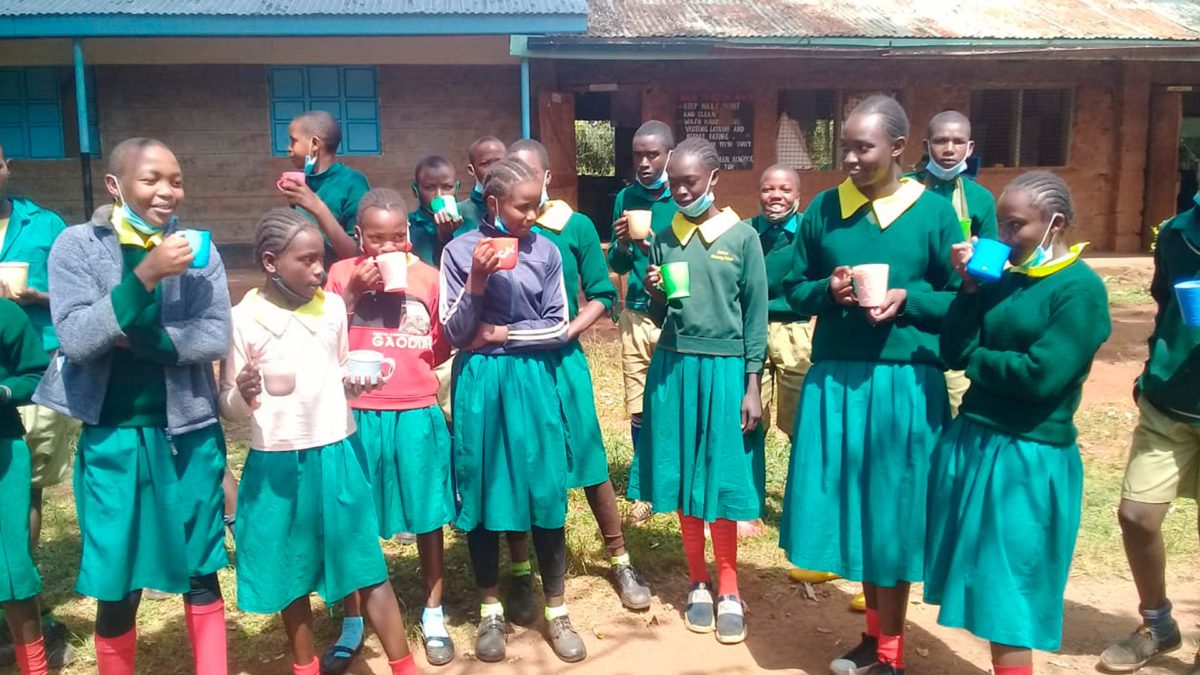
Day of the African Child 2021
2021’s Day of the African Child celebrations on 16th June – while still limited due to local Coronavirus restrictions – were more widespread among our partners in Kenya, Tanzania, Uganda and Zimbabwe than than they were in Covid-hit 2020. In our blog post from last June, we explained the background to the annual event, yet […]
2021’s Day of the African Child celebrations on 16th June – while still limited due to local Coronavirus restrictions – were more widespread among our partners in Kenya, Tanzania, Uganda and Zimbabwe than than they were in Covid-hit 2020.
In our blog post from last June, we explained the background to the annual event, yet with schools fully closed 12 months ago, the focus at the time was on providing community support in the absence of schooling. It’s certainly been a tumultuous year but with more schools now open once again, we were pleased to celebrate this year’s Day of the African Child by exploring the importance of education.
SCHOOL CLOSURES IN AFRICA
Covid-related school closures meant African children missed out on months of education in countries such as Tanzania, and almost a year of schooling in others including Kenya and Zimbabwe. A recent spike in cases in Uganda means schools there have closed once again. On top of the educational cost, our NGO partners have also reported a number of worrying trends:
- A significant increase in malnutrition
- An escalation in teenage pregnancies
- A rise in reported incidences of abuse
- An increased trend of children working
THE IMPORTANCE OF EDUCATION
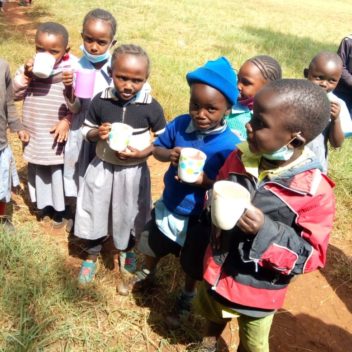
Pre-Covid, it was estimated 258 million children globally were not in school. Though it’s too early to pinpoint updated numbers to show the exact impact in this area, there can be no doubt this number will now be considerably higher having been exacerbated by school closures during local lockdowns.
Many of these children are in Sub-Saharan Africa with over 1 million school-age children not attending school in Kenya alone. Millions of African children have been affected by the loss of up to a year of their education. African girls disproportionately so.
But is going to school really important? Absolutely.
The completion of primary education and enrolment into secondary school provides numerous long-term benefits that transform a child’s future. Numeracy and literacy are of course crucial, but attending school is about far more than learning to read and write:
- School provides a safe haven for children at risk of abuse or exploitation on the streets.
- School teaches children how to build relationships with adults and peers.
- Schools teach life skills, including personal hygiene and children’s rights.
- School aids the development of capacities such as concentration and memory.
- School encourages creativity through play.
These combine to give a child self-confidence and better opportunities to compete for better-paid jobs in adulthood. These skills empower them to make meaningful decisions for the benefit of their families and direct communities.
THANK YOU
As a proud African charity, we would like to celebrate 2021’s Day of the African Child by giving thanks to our generous supporters – new and old – for your unwavering support and contributions during the past 12 months. More than anything, we wish to thank our wonderful partners: Watoto Kwanza and HAKI in Kenya; Mfuko Wa Watoto in Tanzania; SAFE in Uganda and Mwana Trust in Zimbabwe. Despite the unpredictability of the past 12 months, you have continued to support, encourage and promote the importance of children’s education within your communities. We really couldn’t be prouder.
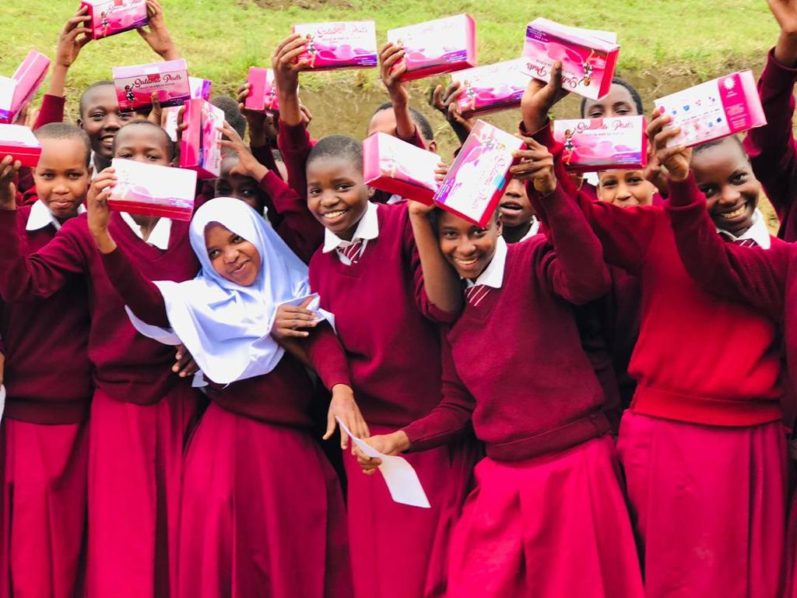
More in Charities

What do you think is the biggest barrier to people giving...
Survivor Space Oxfordshire (SSO) is the only charity providing specialist support to survivors of sexual violence in Oxfordshire. CEO, Lauren Kendall, leads an amazing team of staff and volunteers who are passionate about empowering survivors and helping them to heal and move on with their lives.
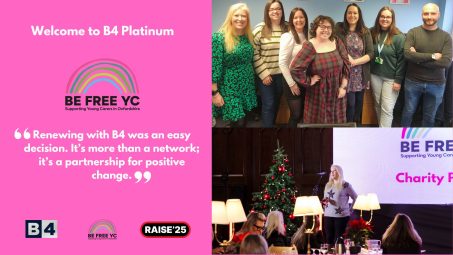
Be Free Young Carers joins B4 Platinum and confirms £1,000 Big...
We are pleased to announce that Be Free Young Carers, who joined B4 in 2023, have now joined B4 Platinum.
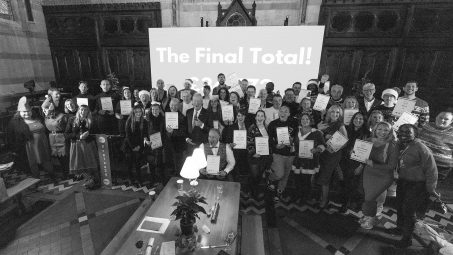
Raise’24 Demonstrates the Power of Collaboration and Team Effort
At Keble College on Friday 13th December, one hundred representatives of Oxfordshire’s business and charitable communities came together to celebrate months of incredible fundraising efforts and as they all stood at the threshold of the hugely impressive Great Hall, they had already raised well over £20,000. That total has now soared to £37,500 thanks to the generosity of well over 500 donors and the hard work of 33 fundraisers.
From this author

Responsible Business
Businesses have a responsibility to their communities, to be supportive and at the very least not actively cause harm. Here you will find content relating to businesses being a Force for Good, supporting charities and their local communities.

